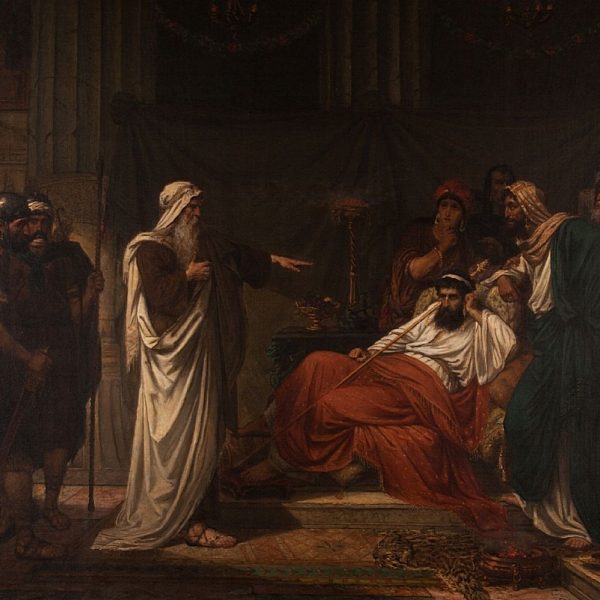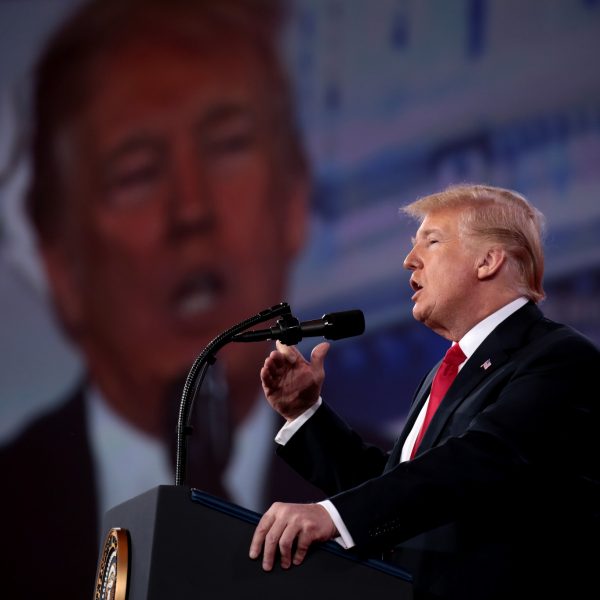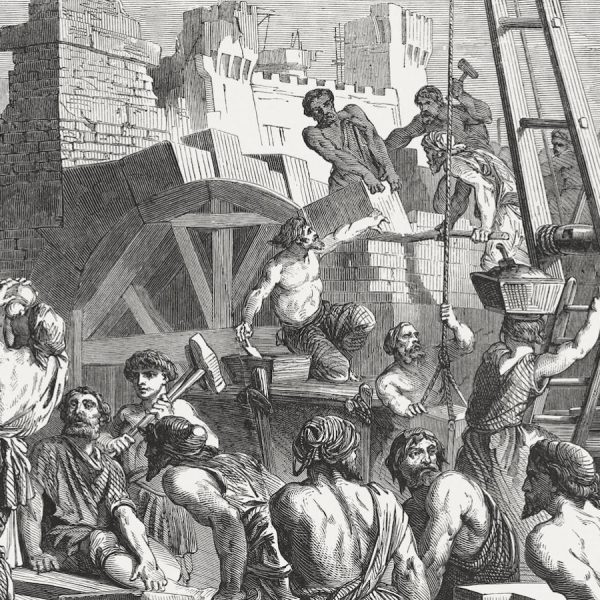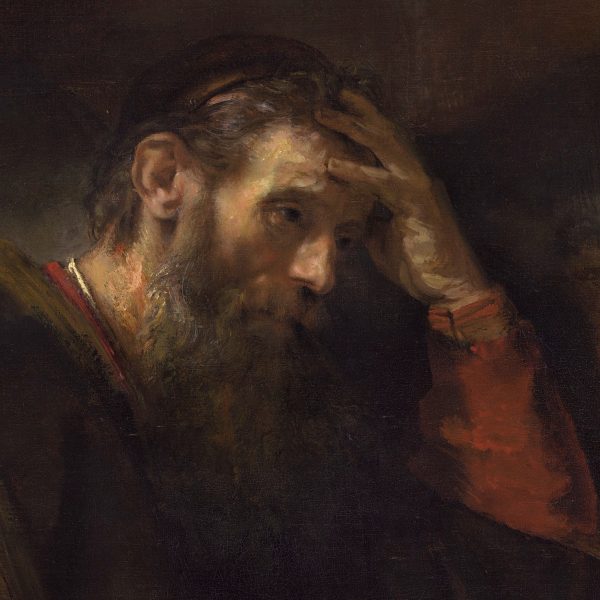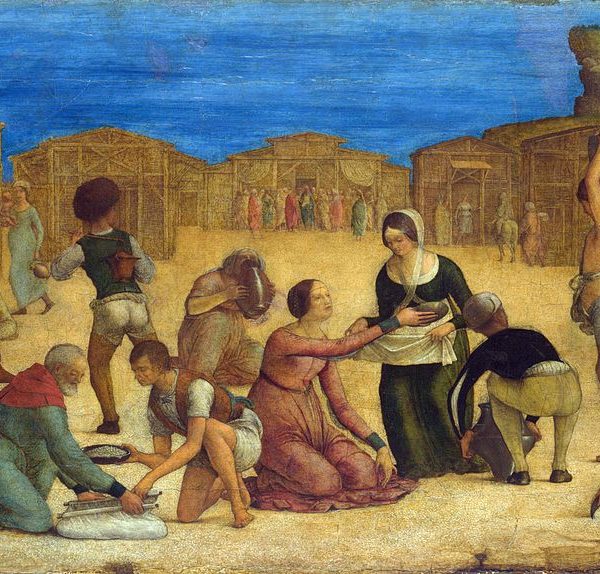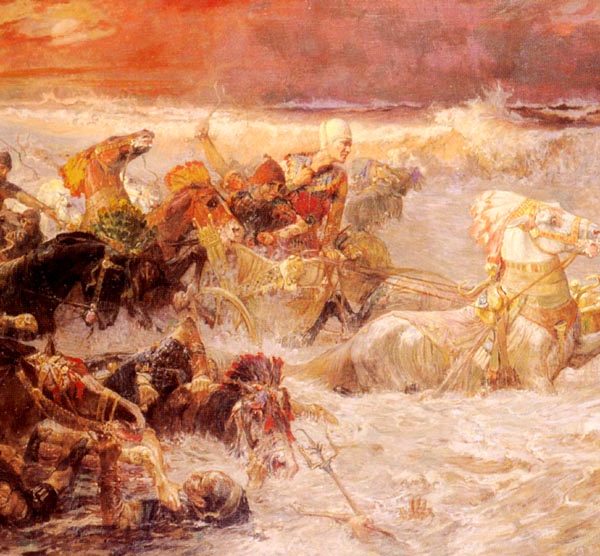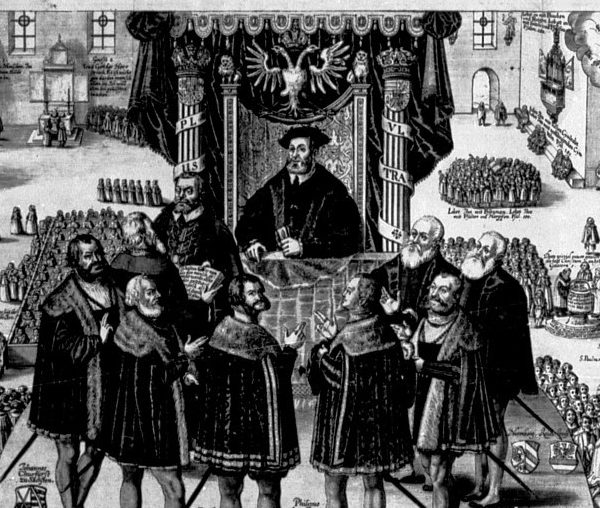
Efforts to leverage “God” are often attuned to the dynamics of the symbol yet remain largely untroubled by the gaps such acts generate.
By Dhawn Martin
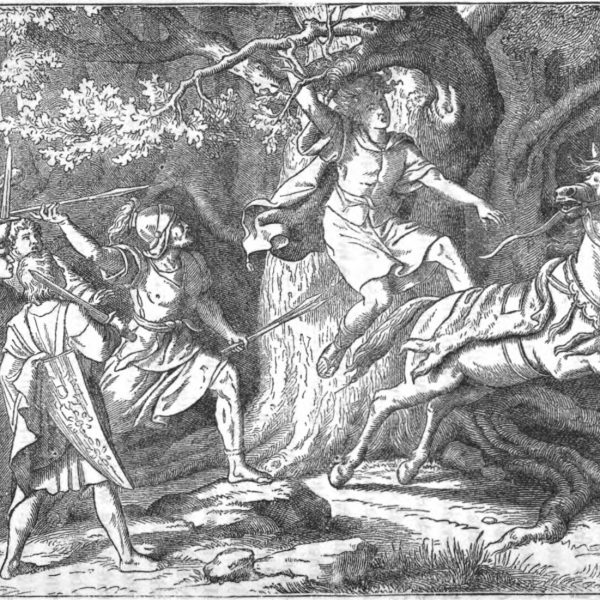
Victories can be devastating when they come at bitter cost. Yet both our losses and our costly victories are put into a new perspective when we take refuge in and receive the bread of God.
By Mark Olivero
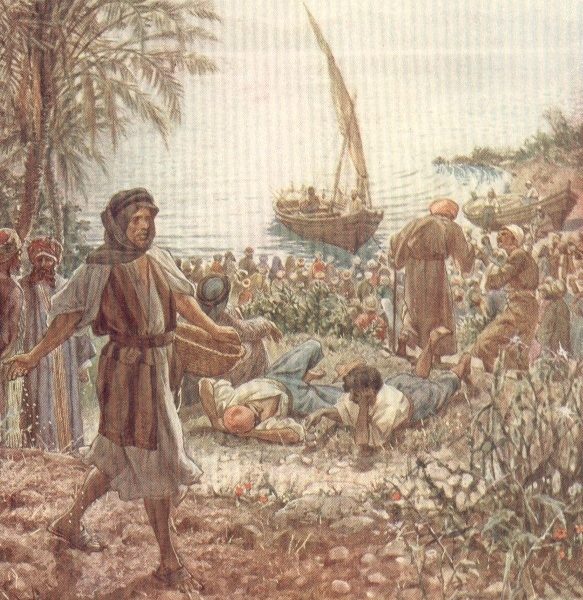
The power of state in both Greco-Roman times as well as today hinges upon a hierarchal power structure. Jesus, however, calls us to compassion in a horizontal social structure.
By Fritz Wendt

Christ is the Lord of the storm. We can leave fear behind and cross over to the other shore.
By Fritz Wendt
